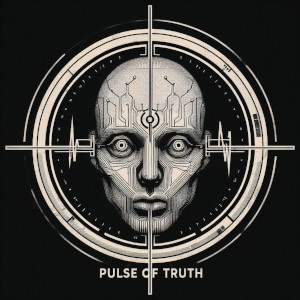

Professional academic linguist here. (Yes, that’s a thing.)
Words have the meanings that communities apply to them. There is no governing body over word meanings. There can be a tension (e.g. two groups using the same term in different ways), but that doesn’t really mean that the word means both. Words mean different things to different groups. It has to be this way, for epistemic and pragmatic reasons.
In that sense, meanings are not consciously assigned. So the answer to your original question could be “no”.
But in another sense, all meanings are possible for any given meaningful sequence around the world. Which means, in principle, given infinite communities of practice, a word could have infinite meanings. A stretch, of course.
Edit:
There is no governing body over word meanings
I’m speaking here in terms of global English. There are some languages that have governing bodies, or at least bodies that claim to be governing bodies, like French with the Académie Française. But this is not at all the norm.






I think you’re getting at intended meaning versus received meaning. Which is totally a thing, but intended meaning is far less well understood than accepted meaning (not necessarily at the word level, but definitely at the sentence level).
At the sentence level, companies pay big money to have tens of thousands of sentences manually annotated for intended meaning (to try and train AI to be able to discern it automatically).